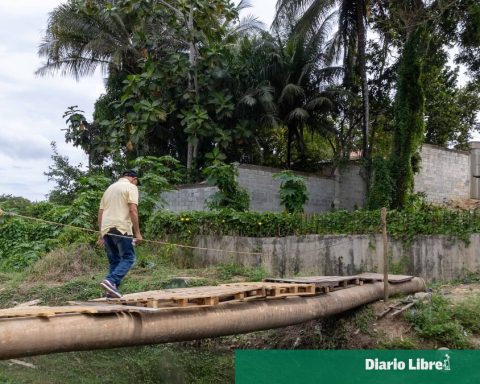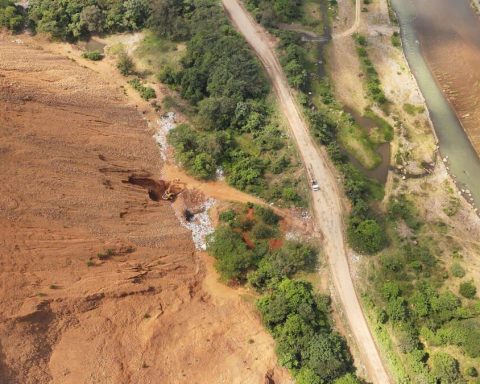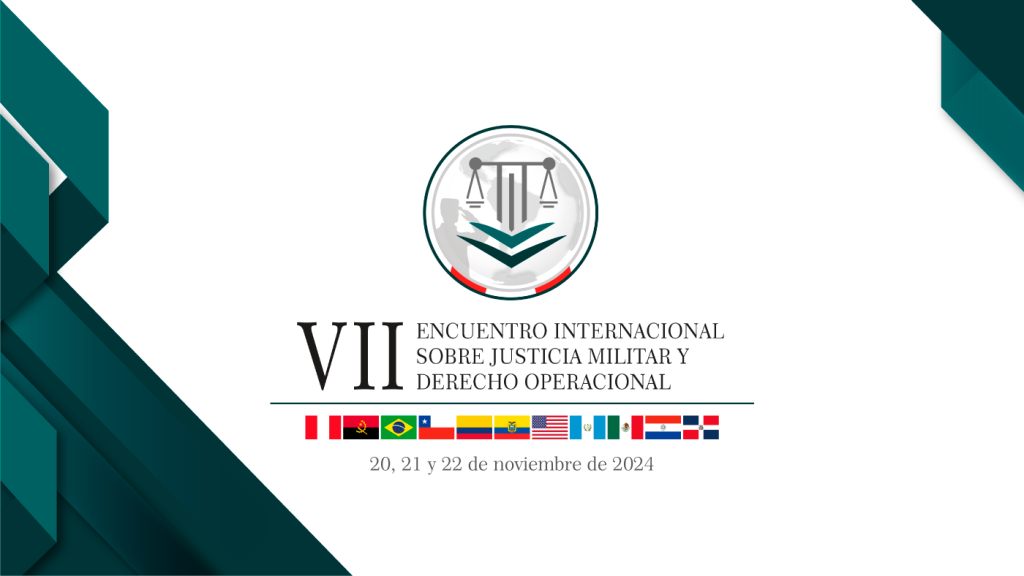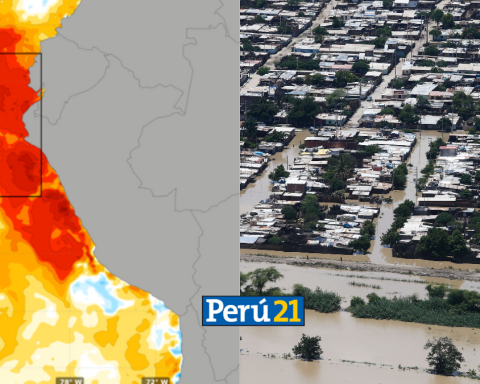The global economy is heading towards “new normal of low growth” with rates of around 2.7% for this year and next (compared to the average 3% between 2001 and 2019), accompanied by inflation that increases social discontent around the world, warns a UN report that calls to rethink growth strategies.
The report from the UN Trade and Development organization (UNCTAD), presented this Tuesday, also highlights that low growth, high debt, weak investment and trade fragmentation “are exacerbating economic divisions between industrialized and developing countries.”
“We must rethink global development strategies, reform the international financial system and revive the commitment to multilateralism to provide real support to developing countries,” said the Secretary General of UNCTAD, Costa Rican Rebeca Grynspan, when presenting the report.
The report highlights that the slowdown is even more acute in the case of developing economies, which grew by a notable 6.6% between 2003 and 2013 and have only grown by 4.4% between 2014 and 2024, a rate that if Excluding the great Chinese economic locomotive, it would drop to 2.8% in the last decade.
At the same time, developing countries have increased their debt by 70% between 2010 and 2023, “putting many at risk of austerity measures that could undermine progress towards inclusive development,” warns the United Nations agency.
Opportunities among challenges
UNCTAD notes that economic developments nevertheless present new opportunities for developing economies, such as rising south-south trade, which has doubled from $2.3 trillion in 2007 to $5.6 trillion in 2023.
On the other hand, the green transition which attempts to confront climate change presents new avenues for growth due to the demand for electronic vehicles, renewable energy and the digital economy for critical minerals and essential raw materials found mainly in Africa and Latin America.
However, these possibilities require new development policies and multilateral support, UNCTAD highlights.
The report highlights that inflation following the Covid-19 pandemic, caused by problems in supply chains and geopolitical pressures in sectors such as agriculture or energy, has greatly eroded purchasing power in developing countries.
Inflation, source of instability
UNCTAD warns that Global household income has decreased by 8% since 2020 due to these price increases, which has become one of the main sources of social unrest.
The organization recommends not relying solely on tougher monetary policies to address this inflationary spiral, and advocates a “mixed approach” that includes fiscal and regulatory strategies.
The report notes important changes in the structure of global trade, including the growing share of services: although goods still represent three quarters of trade, services have expanded by 5% since last year.
Although this trend also threatens to increase the gap between developed and developing nations, since the latter represent less than 30% of global income from services exports.
UNCTAD On the other hand, he points out that the raw materials dependent economies They currently face the greatest vulnerability, given that their prices are still 20% of pre-pandemic levels.
Continue reading:

















